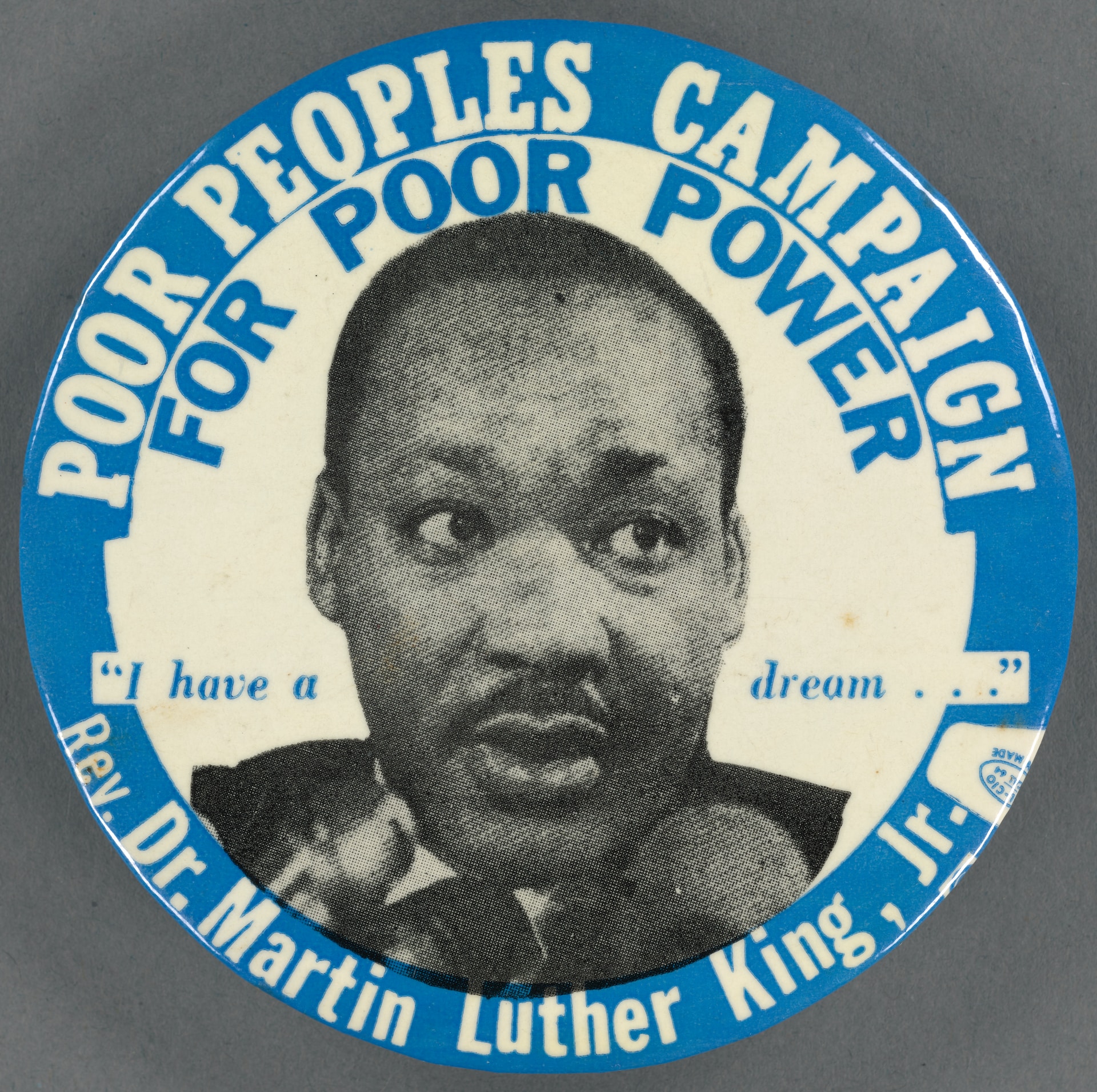As you prepare for the holiday season, help your audiences get ready for effective and meaningful family conversations about racial justice and economic opportunity. Refer to values of equity, voice, and community.
Tag: economic justice
Hanukkah
As you prepare for the holiday season, help your audiences get ready for effective and meaningful family conversations about racial justice and economic opportunity. Refer to values of equity, voice, and community.
Christmas
As you prepare for the holiday season, help your audiences get ready for effective and meaningful family conversations about racial justice and economic opportunity. Refer to values of equity, voice, and community.
Thirteenth Amendment Approved
On December 18, 1865, the Thirteenth Amendment to the Constitution was officially approved. The amendment abolished slavery and involuntary servitude, except as punishment for a crime. This exception is often discussed in today’s discussions about criminal justice reform (including Ava DuVernay’s documentary, “13th”). Use this anniversary to talk about the continued need for racial justice in the United States, especially in our criminal justice system. Cite the values of equity and safety.
Bill of Rights Day
President Franklin D. Roosevelt designated Dec. 15 as Bill of Rights Day to commemorate the first ten amendments becoming a part of the U.S. Constitution. A few years later, Roosevelt called for a Second Bill of Rights to expand economic opporunity and prosperity. In telling your story, we recommend leading with the values of equity and community.
The National Hunger March reached Washington D.C.
On this day in 1931, The National Hunger March reached Washington D.C. The marchers demanded “unemployment insurance, the seven-hour workday with no cut in pay; a federal work program paying union wages; an end to racial discrimination and deportations of immigrant workers; support for the demands of the veterans and poor farmers; and that all funds being built up for making war be used instead to help the unemployed.” Throughout its history, the United States has risen to the challenge of poverty and hunger. Today, we continue to work to eradicate these issues. In telling your story, we recommend referring to the values of economic opportunity, community, and equity.
Poor People’s Campaign
On this day in 1967, Rev. Dr. Martin Luther King Jr. told reporters in a press conference that the Southern Christian Leadership Conference would start an initiative that came to be called the Poor People’s Campaign. The campaign continues today. Discuss this anniversary by referring to the values of economic opportunity, equity, and voice.
Open Enrollment ACA
Open enrollment for 2024 health plans is now open! It’s important to remind audiences to enroll by Dec. 15 for health insurance coverage to start on Jan. 1, 2024. The open enrollment period under the Affordable Care Act will end on Jan. 15. When discussing the importance of access to healthcare, cite the values of community and economic opportunity.
Black Friday
The Friday after Thanksgiving is often dubbed “Black Friday” because consumer spending puts retailers’ revenues “in the black.” As a counter to big business, the day after has been declared “Small Business Saturday.” Use these hooks to share the Shop Your Values campaign run by the Main Street Alliance that supports small businesses that are actively advocating for economic and racial justice across the country. Also see Give Women Your Money: A Shoppable Spreadsheet for women-lead businesses and Color of Change’s Black Business Green Book.
Thanksgiving Weekend
Thanksgiving is often a time when tough or awkward conversations arise around the dinner table. Use these tools to keep your conversations focused on values.







